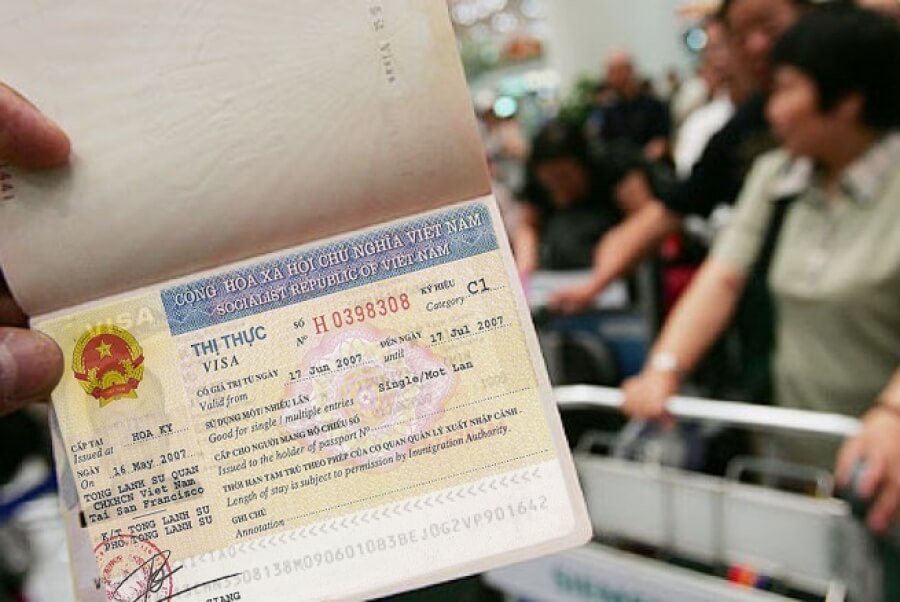Introduction:
Vietnam, with its rich history, diverse culture, and stunning landscapes, is a popular destination for travelers worldwide. Understanding the visa requirements and eligibility criteria is crucial for anyone planning a trip to Vietnam. VIETNAM VISA ELIGIBILITY In this article, we’ll explore the ins and outs of Vietnam visa eligibility, helping travelers determine who can apply for a visa and how to do so.
Understanding Vietnam Visa Types:
Before delving into eligibility criteria, it’s essential to understand the various types of visas available for Vietnam. The most common types include tourist visas, business visas, and transit visas. Each type serves a specific purpose and has its own set of requirements and conditions. Tourist visas are typically sought for leisure travel, business visas for conducting business activities, and transit visas for short stopovers while traveling to another destination.
Who Can Apply for a Vietnam Visa?
Vietnam visa eligibility varies depending on the type of visa sought and the traveler’s nationality. In general, citizens of most countries are required to obtain a visa before entering Vietnam. However, citizens of certain countries may be exempt from visa requirements for short stays, typically ranging from 14 to 90 days, depending on bilateral agreements and reciprocity arrangements. It’s crucial for travelers to check the latest visa regulations and requirements based on their nationality before planning their trip to Vietnam.
Visa Exemptions for Certain Nationalities:
Vietnam has established visa exemption agreements with several countries, allowing citizens of these countries to enter Vietnam for short stays without a visa. These visa exemptions may vary in duration, conditions, and purposes of travel. For example, citizens of ASEAN countries, certain European countries, and several others are eligible for visa-free entry for specified periods, ranging from 14 to 90 days. Travelers from these exempted countries can enter Vietnam for tourism, business, or transit purposes without obtaining a visa in advance.
Applying for a Vietnam Visa:
For travelers who are not eligible for visa exemption or require a visa for longer stays or specific purposes, applying for a Vietnam visa is a straightforward process. Depending on their nationality and the type of visa required, travelers can apply for a visa through various channels, including Vietnam embassies or consulates, online visa application portals, or authorized visa agencies. The application process typically involves completing a visa application form, providing necessary documents (such as passport copies, photographs, and travel itineraries), and paying the visa fee.
Special Visa Categories and Requirements:
In addition to standard tourist and business visas, Vietnam offers special visa categories for specific purposes, such as diplomatic visas, official visas, and work visas. Each category has its own set of requirements, conditions, and processing procedures. VIETNAM VISA FAQ For example, work visas may require sponsorship from a Vietnamese employer and approval from Vietnamese authorities, while diplomatic visas are reserved for government officials and diplomats.
Conclusion:
Navigating Vietnam visa eligibility is an essential step for anyone planning a trip to this captivating Southeast Asian destination. By understanding the various visa types, exemption agreements, and application procedures, travelers can ensure a smooth and hassle-free entry into Vietnam. Whether visiting for leisure, business, or other purposes, obtaining the appropriate visa allows travelers to explore Vietnam’s vibrant culture, breathtaking landscapes, and warm hospitality with confidence and ease.

